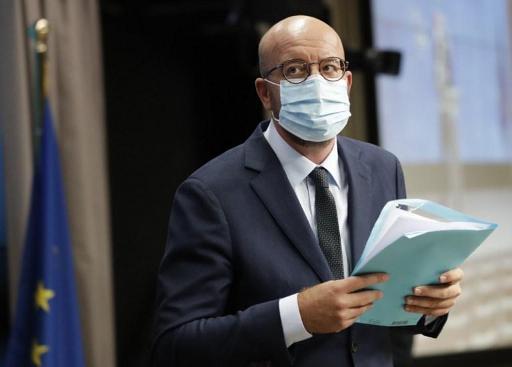It is necessary to “speed up the process on sanctions” against Belarus, European Council President Charles Michel said on Wednesday.
Michel tweeted his concern about the persecution of Belarusian President Alexander Lukashenko's political opponents, and the attempts by his government to limit freedom of expression after a presidential election deemed invalid by Brussels.
Political persecution in #Belarus including detentions on political grounds and forced exile must stop. Belarusian authorities must free political prisoners and let citizens exercise their right to freedom of speech and assembly. I call to speed up the process on sanctions.
— Charles Michel (@eucopresident) September 9, 2020
Europe has already multiplied calls for the release of political opponents imprisoned by Minsk and for a dialogue between the Lukashenko camp and the opposition.
In mid-August, European foreign ministers gave the green light to targeted sanctions against those responsible for the repression in Belarus.
The Council of the EU has drawn up a list of names against whom entry bans and account freezes are to be imposed. According to diplomatic sources, the list currently contains some 40 names.
Related News
- European foreign ministers discuss more sanctions against Belarus and Turkey
- EU no longer recognises Lukashenko as president of Belarus
Since then, however, the new sanctions have not yet materialised, and a date for their implementation has yet to be set.
According to the same sources, Cyprus said at a meeting on Wednesday that it could not yet agree to sanctions against Belarus, which is blocking the process.
Cyprus wants the EU to similarly sanction new personalities involved in the exploratory drilling being carried out by Turkey in Cypriot waters in search of gas deposits. But a certain number of countries are reserved on the list proposed by Cyprus, diplomatic sources said.
Lukashenko has been in power since 1994. He has faced protests since his re-election on 9 August, which according to official numbers he won with 80% of the votes, and which is called into question by the opposition.
The Brussels Times

